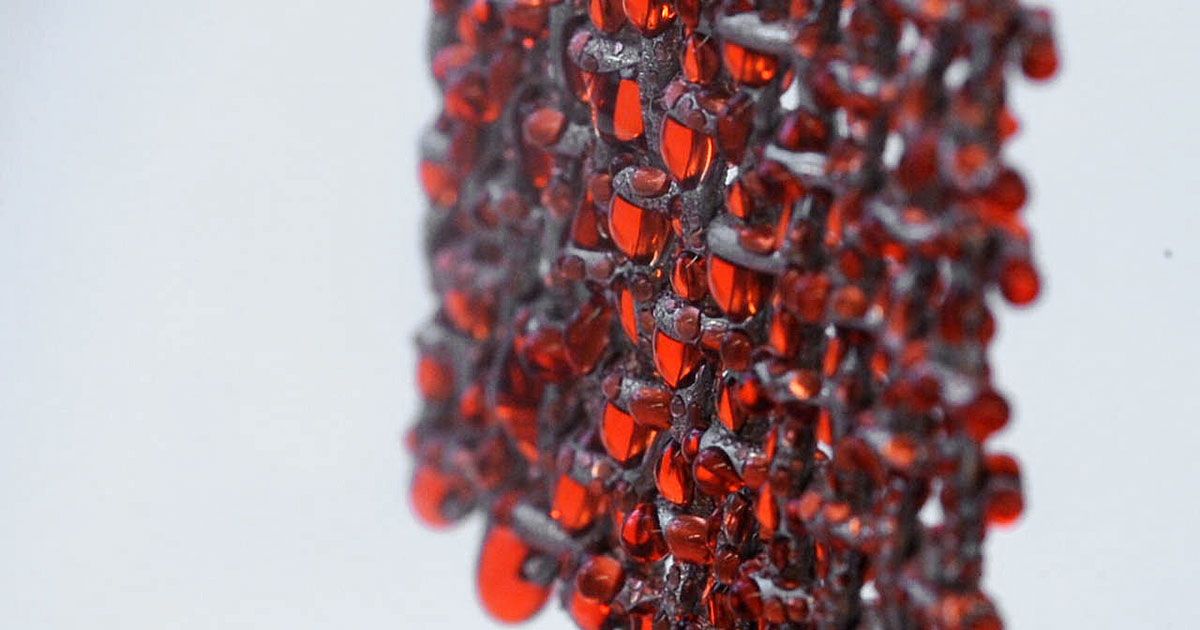What if all the galaxies, stars, planets — everything — stopped moving away from everything else? #WhatIf

What if all the galaxies, stars, planets — everything — stopped moving away from everything else? #WhatIf
My new 45 minute interview out on #transhumanism via Fringe FM:
Zoltan Istvan Gyurko (@zoltan_istvan) is an American transhumanist, journalist, entrepreneur and Libertarian futurist who ran for President of the United States in 2016 to raise awareness for transhumanism. In 2017, Istvan announced his intent to run for Governor of California in the 2018 election as a member of the Libertarian Party – see his website: zoltanistvan.com for more.
Formerly a reporter for the National Geographic Channel, Istvan now writes futurist, transhumanist, libertarian and secular themed articles for major publications including Vice’s Motherboard, Wired, The Huffington Post., TechCrunch and Newsweek. Istvan also regularly appears on television and video channels discussing futurist topics and is one of the world’s most influential transhumanists – believing transhumanism will grow into a mainstream social movement in the next decade.
Some patients who undergo the eye surgery report a variety of side effects. They may persist for years, studies show.
Because diabetics often have both nerve damage and poor circulation, they will often not notice when they receive skin wounds, which proceed to heal very slowly. Those wounds can thus become chronic, sometimes even leading to amputations. A new regenerative bandage, however, could help keep this from happening.
Led by Prof. Guillermo Ameer, a team from Illinois’ Northwestern University started with a protein known as laminin. Found in the skin and most of the body’s other tissues, it communicates with cells, prompting them to differentiate, migrate and adhere to one another.
The scientists were able to identify a specific segment of the protein, which plays a key role in the wound-healing process. That segment is made up of just 12 amino acids (the building blocks of proteins), and it’s called A5G81. Because A5G81 is so much smaller and simpler than the entire laminin protein, it’s much cheaper and easier to synthesize in the lab.
Last year, Intel was able to take a few steps forward towards the commercialization of quantum computing. A 17-qubit superconducting chip was built followed by CEO Brian Krzanich showing off a test chip at CES 2018 with 49 qubits.
Unlike previous quantum efforts at Intel, this latest batch of wafers are focusing on spin qubits instead of superconducting qubits. This secondary technology is still a few years behind superconducting quantum efforts but could turn out to be more easily scalable.
Moving forward, Intel now has the capability to produce up to five silicon wafers every week containing up to 26-qubit quantum chips. This achievement means that Intel has greatly increased the number of quantum devices in existence and could be looking to increase the number of qubits steadily in the coming years.
A theorized but never-before detected property of quantum matter has now been spotted in the lab, a team of scientists reports.

Water-scarce cities could get a new source of the precious resource through a simple and cost-effective technology.
Water samples from UK rivers contained significantly higher concentrations of microplastics downstream from wastewater treatment plants, according to one of the first studies to determine potential sources of microplastics pollution.
Scientists from the University of Leeds measured microplastics concentrations up and downstream of six wastewater treatment plants and found that all of the plants were linked to an increase in microplastics in the rivers—on average up to three times higher but in one instance by a factor of 69.
Lead author Dr. Paul Kay, from the School of Geography at Leeds, said: Microplastics are one of the least studied groups of contaminants in river systems. These tiny plastic fragments and flakes may prove to be one of the biggest challenges in repairing the widespread environmental harm plastics have caused. Finding key entry points of microplastics, such as wastewater treatment plants, can provide focus points to combating their distribution.
With private companies turning their attention to the riches of asteroids, the first trillionaire could be made in space. Andrew Glester explores the challenges of mining space rocks.
